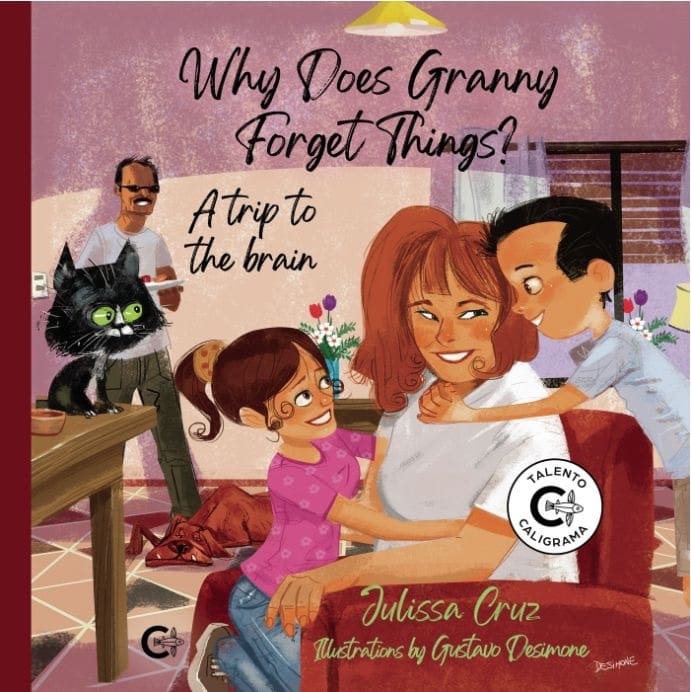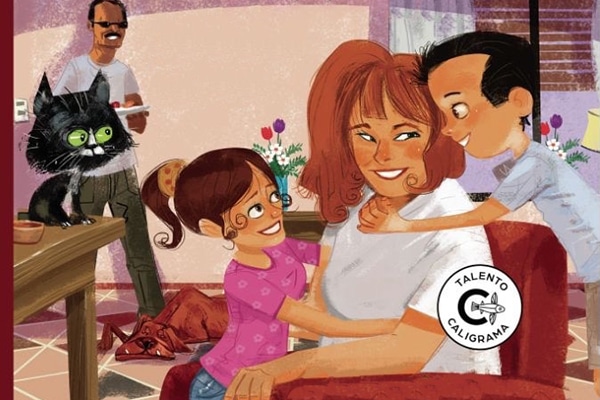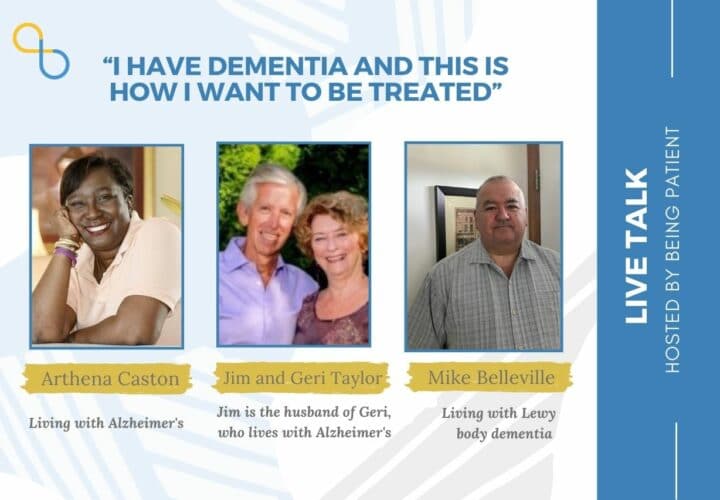Author and doctor Julissa Cruz Gómez doesn’t think adults should underestimate kids. So to help young readers understand dementia, she brings them straight to the hippocampus.
For children, it can be difficult to understand when an older family member forgets recent visits or gets confused because of dementia. After seeing how her own niece, a 10-year-old, struggled with a grandparent’s dementia, Julissa Cruz Gómez, a Dominican doctor in the Netherlands, wondered if there was a way she could help. She set out to help children better understand Alzheimer’s Disease — not just by describing the effects of the form of dementia on a relative’s behavior, but by showing them what happens to the brain.
In her children’s book Why Does Granny Forget Things: A Trip to the Brain, Cruz Gómez explains to young readers how the brain is affected by Alzheimer’s, and how they can help support their loved one. The book, illustrated by Gustavo Desimone, was first published in Spanish and has since been translated into Dutch and English.

Cruz Gómez first had the idea when she was visiting with her family in the Dominican Republic a few years ago, where her mother is living with Alzheimer’s Disease. Cruz Gómez saw how her niece was upset when her grandmother didn’t remember things, like their recent visits together. The child’s parents had talked with her about dementia, and she’d seen a therapist, but interactions with her grandmother were still confusing and challenging.
Cruz Gómez, who specializes in medicine for older people in the Netherlands, thought that it might be helpful to explain to her niece how dementia affects the brain. But when she looked for children’s books on the subject, she didn’t find any options that explained the neurological disorder. So, she decided to write the book she was looking for herself.
In the story, a brother and sister are visiting their grandparents. But during their visit, the grandmother forgets that her grandchildren had come to stay, which upset the kids.
“I thought to myself, they have to go to the brain to understand what’s the problem,” Cruz Gómez told Being Patient.

Led by the family pets, the sister and brother enter into their grandmother’s brain, swimming up the third ventricle and through the temporal lobe. They meet Mr. Hippocampus, a bespectacled seahorse who calls up memories on a dated, glitchy computer. They venture into dark areas of the brain, where neurons aren’t fully firing. Then they see the brilliant results when their grandfather sings a song, spectacularly stimulating their grandmother’s brain.
Cruz Gómez said her central message for children is the power of love, empathy and compassion to support a loved one who is living with dementia.
“That is what those people need the most,” she said.
It took the first-time author about a week to draft the story, which she originally wrote in Spanish. Cruz Gómez incorporated personal details from her own family life, like her father’s love of singing. A dog and cat her family had when she was younger both make appearances.
Cruz Gómez felt it was important in the book not just to teach children how Alzheimer’s can impact their loved one’s behavior, but to show them why these changes happen.
Cruz Gómez was confident that young readers would be capable of learning about aspects of the brain like the hippocampus and neurons. “They are really, really intelligent and they have a kind of intuition,” she said. “They know that something is going wrong, so you have to tell the truth.”
Still, she was a bit nervous whether kids would understand the message of the book. She sent copies to her niece’s teacher and to a teacher in Spain, and learned that her sense that kids could draft this difficult subject matter was correct: Both teachers responded saying their students understood.

To try to help adults better support kids, Cruz Gómez included some pages with advice for parents on talking about dementia with children and teenagers. She compiled the information from the World Health Organization and the Alzheimer’s Association.
Recommendations include activities to do with a family member who is living with dementia, such as baking cookies or looking at old photographs — something more active than simply sitting around for a chat.
At first, when her niece read the book, the girl said that she felt guilty because of how she sometimes treated her grandmother with dementia. After reading the book, she told Cruz Gómez that she understood she needed to be more compassionate and patient.
Cruz Gómez said that was one of her main goals with the book. Many people feel guilty when they reach adulthood about how they treated an older relative with dementia. By teaching young people about these neurological conditions, Cruz Gómez said, they’ll be able to have better relationships with their family members.
“If you have this book as a child and you can read and with the guidance of your family, you know in your childhood what you have to do, how you can interact with your grandma or your grandfather or your aunt — with people with dementia,” Cruz Gómez said.





